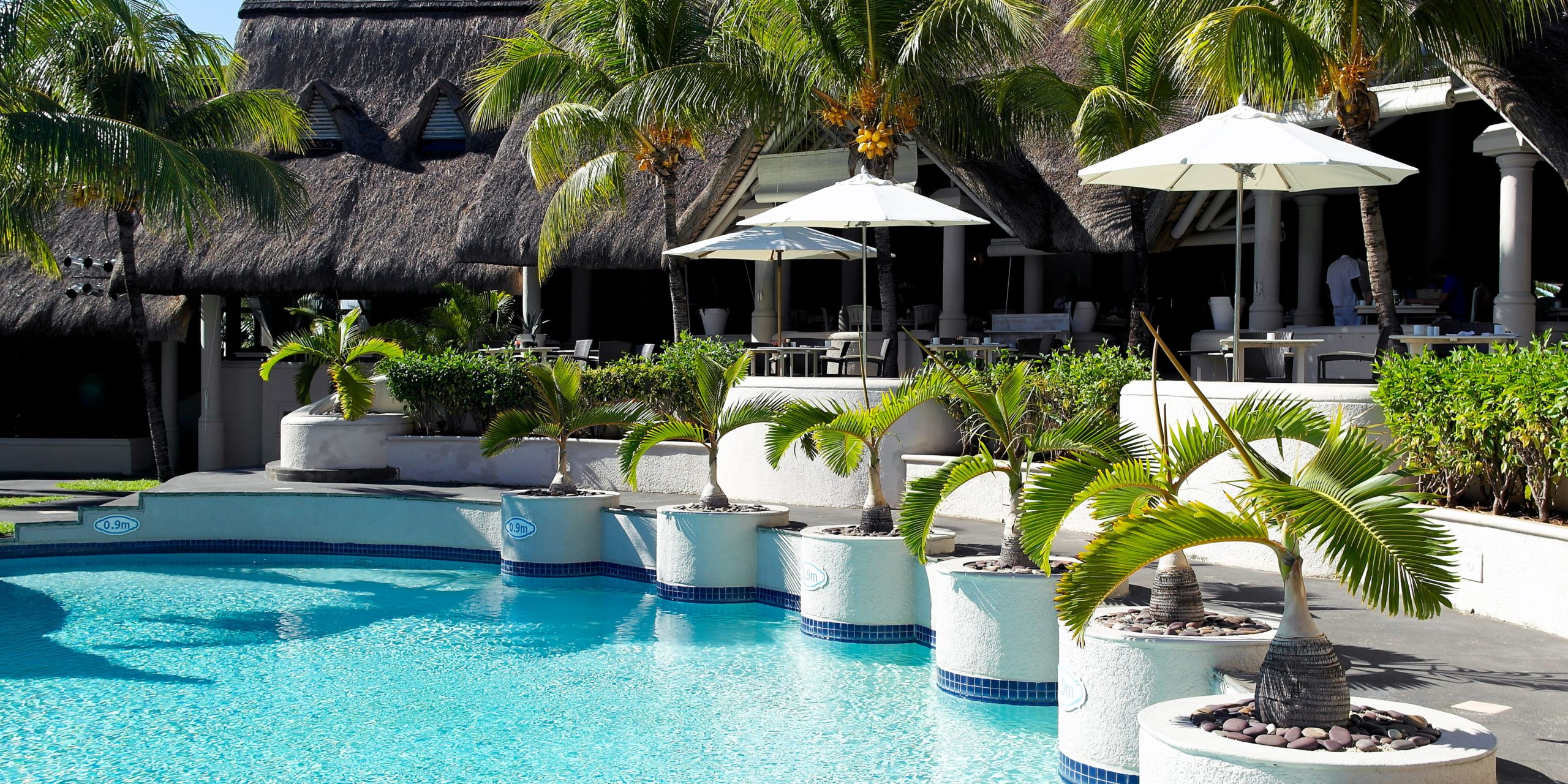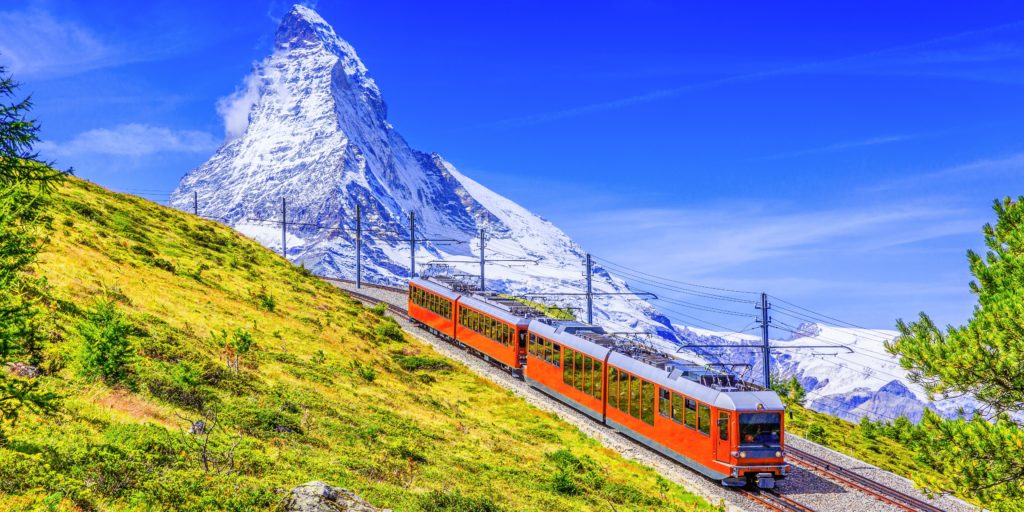The hotel industry is one of the pillars of global tourism. With more than 16 million hotels around the world, this rapidly growing sector represents a major source of income and employment. However, behind this growth lies a significant environmental impact. Between excessive energy and water consumption, massive waste production, and ecosystem destruction, hotels play a key role in environmental degradation.
Let’s take a closer look at the main consequences of this industry on our planet.
- Excessive energy consumption
Hotels are among the most energy-intensive infrastructures. Whether it’s for heating, air conditioning, lighting, or comfort equipment, these establishments consume vast amounts of energy. Hotel guests often use services 24/7, which results in a constant demand for electricity. But the impact doesn’t stop at direct consumption—managing hotel facilities like spas, pools, and gyms also adds a significant energy load.
Large hotel chains, often operating 365 days a year, are responsible for a substantial share of this consumption. While some establishments have implemented greener solutions such as solar panels or geothermal systems, most still rely heavily on fossil fuels. This leads to greenhouse gas emissions, accelerating climate change.
🔹Key figures:
• An average hotel consumes between 200 and 400 kWh/m² per year, far more than a residential building.
• Heating and air conditioning account for over 50% of a hotel’s energy use.
• Lighting represents 20 to 30% of electricity consumption.
🚨Consequences:
• Rising greenhouse gas (CO₂) emissions, contributing to global warming.
• Strong dependency on fossil fuels, especially in countries where renewables aren’t widely adopted.
✅ Positive Note: Some major hotel chains are starting to invest in renewable energy (solar, geothermal, etc.), but global progress remains too slow.
- Excessive use of water resources
The hotel industry is also a major water consumer. Between guest showers, pools, spas, laundry, and garden maintenance, water usage is excessive in many hotels. Most do not manage this resource efficiently, raising serious concerns.
Water is a precious resource, particularly in tourist areas where it’s already scarce—such as coastal or desert regions. The use of water for cleaning, laundry, and landscaping is rarely optimised. Room cleaning, laundry services, and garden irrigation all result in wasteful water use, with little ecological return.
🔹 Alarming figures:
• A hotel guest uses 300 to 1000 litres of water per day, depending on services used (showers, pool, etc.) compared to an average of 150 litres at home.
• A single hotel laundry facility can use thousands of litres of water daily.
• In some tourist areas, hotels monopolise potable water, limiting access for local populations.
🚨Consequences:
• Depletion of freshwater resources, especially where drought is already an issue.
• Pollution from untreated wastewater, often released directly into nature.
• Deforestation and destruction of wetlands, as luxury resorts are often built at the expense of local ecosystems.
✅ Positive note: Some initiatives, such as rainwater harvesting and water recycling systems, are emerging—but still limited to a minority of hotels.
- Massive waste production
The hotel sector generates a vast amount of waste, particularly food waste, single-use plastics, and chemical products used for cleaning. Waste management remains a major challenge. Most hotels still rely on disposable packaging, harsh chemicals, and single-use items that often end up in landfills or oceans.
Plastic is omnipresent in hotels—in the form of water bottles, hygiene products, single-use bags, and packaging materials. Much of it isn’t recycled. Food waste is also a major problem, especially in buffets and meal services that prepare far more than is consumed.
🔹Key facts:
• Luxury hotels generate about 1 ton of waste per room per year.
• Food waste accounts for 30–40% of food served in hotels.
• Single-use plastic items are responsible for millions of tons of pollution in oceans.
🔹Types of waste produced:
• Food waste: Tons of food discarded daily in hotel buffets and restaurants.
• Single-use plastics: Water bottles, soap containers, cups… plastic is everywhere.
• Chemicals: Cleaning products and pesticides for gardens and pools contribute to pollution.
🚨Consequences:
• Plastic accumulation in oceans and landfills.
• Massive food waste, despite widespread malnutrition worldwide.
• Soil and water contamination due to chemical discharge from hotels.
✅ Positive note: Some hotels are adopting zero waste policies, encouraging composting, recycling, and biodegradable products—but these efforts remain limited in scope.
- Destruction of ecosystems and biodiversity
Hotel expansion, especially in ecologically sensitive areas, can lead to the destruction of local ecosystems. Forests are cut down, beaches and mountains urbanised to build hotel complexes—endangering habitats crucial for countless animal and plant species.
Luxury hotels, especially in tropical or coastal destinations, often build massive structures that disrupt local ecological balances. Mass tourism activities like guided tours or cruises also contribute to the degradation of natural environments such as coral reefs and beaches.
🔹 How do hotels contribute?
• Deforestation for hotel construction.
• Coastal concrete development, harming coral reefs and marine habitats.
• Noise and light pollution, disrupting local wildlife.
• Displacement of local communities, often losing land and livelihoods.
🚨 Consequences:
• Disappearance of animal and plant species.
• Disrupted ecosystems, especially coral reefs.
• Soil erosion and destruction of natural landscapes.
🔹 Impact examples:
• Maldives: Luxury hotels cause beach erosion and coral reef destruction.
• Bali: Mass tourism has led to water shortages and ecological imbalance.
- The impact of mass tourism and “Overtourism”
The growth of the hotel industry is closely tied to mass tourism. Some destinations are victims of “over tourism,” where the constant influx of travellers creates unsustainable environmental pressure. This is particularly problematic in popular cities and islands, where infrastructure can’t support the sheer number of visitors.
Mass tourism leads to increased resource consumption—especially water and energy—and higher waste production. It worsens existing ecological problems while creating tensions with local communities, who are often left out of the tourism profits.
🔹 Examples of over tourism:
• Venice: Threatened by cruise ships and overcrowding, slowly sinking.
• Amalfi Coast: Mass tourism has degraded infrastructure and natural heritage.
• Bali: Hotels and villas overuse local water supplies, causing shortages.
• Thailand: Several islands and beaches were closed to allow ecosystem recovery.
🚨Consequences:
• Accelerated degradation of infrastructure and historic monuments.
• Increased pollution (plastics, wastewater, traffic).
• Rising living costs for locals, forcing many to leave their homes.
🌱 Conclusion: Toward a more sustainable model?
The environmental impact of hotels is undeniable and calls for urgent transformation of the industry. While hotels can still play a vital role in the global tourism economy, it is essential they adopt more sustainable practices. Concrete ecological policies—such as using renewable energy, reducing waste, and optimising water consumption—must become the standard.
As consumers, we also have a crucial role to play. By choosing environmentally conscious hotels and behaving responsibly when traveling, we can help reduce the hotel industry’s ecological footprint and encourage widespread adoption of sustainable practices.
Sources:
Madeblue Foundation
Water sustainable hospitality alliance














